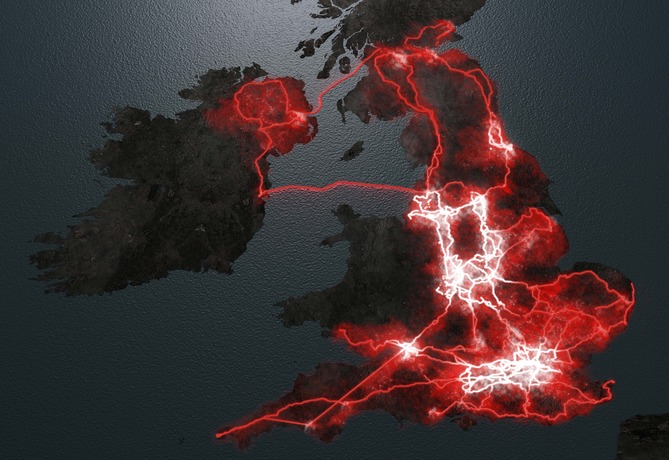

More than a million homes and businesses in the UK still can’t receive ‘decent’ broadband, but the digital divide is narrowing, according to a report from regulator Ofcom.
‘Decent’ broadband constitutes download speeds of at least 10Mbps and upload speeds of at least 1Mbps. Last year 1.6 million properties couldn’t access this standard, but this figure has fallen to 1.1 million over the past 12 months.
However while only two percent of urban premises are impacted, this figure rises to 17 percent in rural areas, giving cause for concern among those who believe the countryside could be left behind.
Ofcom noted that 91 percent of residences and 84 percent of SMBs can access superfast broadband of at least 30Mbps but said it would work to promote investment in ‘full fibre’ networks and to ensure the delivery of the universal service obligation.
“Broadband coverage is improving, but our findings show there’s still urgent work required before people and businesses get the services they need,” said Steve Unger, Ofcom CTO.
“Everyone should have good access to the internet, wherever they live and work. So we are supporting plans for universal broadband, and promoting investment in full-fibre technology that can provide ultrafast, reliable connections.”
Ofcom also found that although 58 percent of the UK population can now get indoor 4G, up from 40 percent, it was concerned that just 43 percent could get 4G from all four major operators and that coverage on trains, roads and in rural areas was still poor.
Does IoT security concern you?
It plans to enforce existing spectrum licence requirements – operators must deliver 2G coverage to 90 percent of the UK landmass while O2 must provide 4G to 98 percent of the opulation – and to impose new ones in future auctions.
“People have never relied so much on their phones in daily life. As a nation, we are using 13 times more mobile data than just five years ago,” added Unger.
“While the industry works to improve mobile coverage, it’s vital people can get a trustworthy picture of reception across the UK. Using our tools, mobile users can see which network offers the best service in areas where they live, work and travel, before they take out a new phone contract.”
Nine EU countries led by the Netherlands push European Commission for follow-up to 2023 EU…
Former Cruise chief executive Kyle Vogt reportedly raises $150m for The Bot Company at $2bn…
Gotbit founder Aleksei Andriunin pleads guilty to manipulating tokens' trading volume and price after extradition…
ByteDance's largest US investors reportedly in talks for majority stake in US TikTok spin-off, with…
Apple reportedly reassigns Siri development to executive behind Vision Pro after acknowledging delays to much-hyped…
TikTok parent ByteDance, a major AI player in China, releases open technique for training LLMs…
View Comments
Rural broadband is diabolical. Our connection has got worse gradually over time. I have three children living at home, oldest is at Uni, one is 17 doing A levels, and the other is 11. All need to use the internet for revision, research and homework. We have to switch off PC updates as it kills our 1.2Mb connection. The roll out of faster speeds is dreadful. Something should have been done to improve overall speeds before getting superfast in place. We will not get superfast until the end of 2018. That's 8 years with a connection that has got progressively slower over time. Even 4G coverage is not great and no "all you can use" suppliers in our area so 4G is not an option.